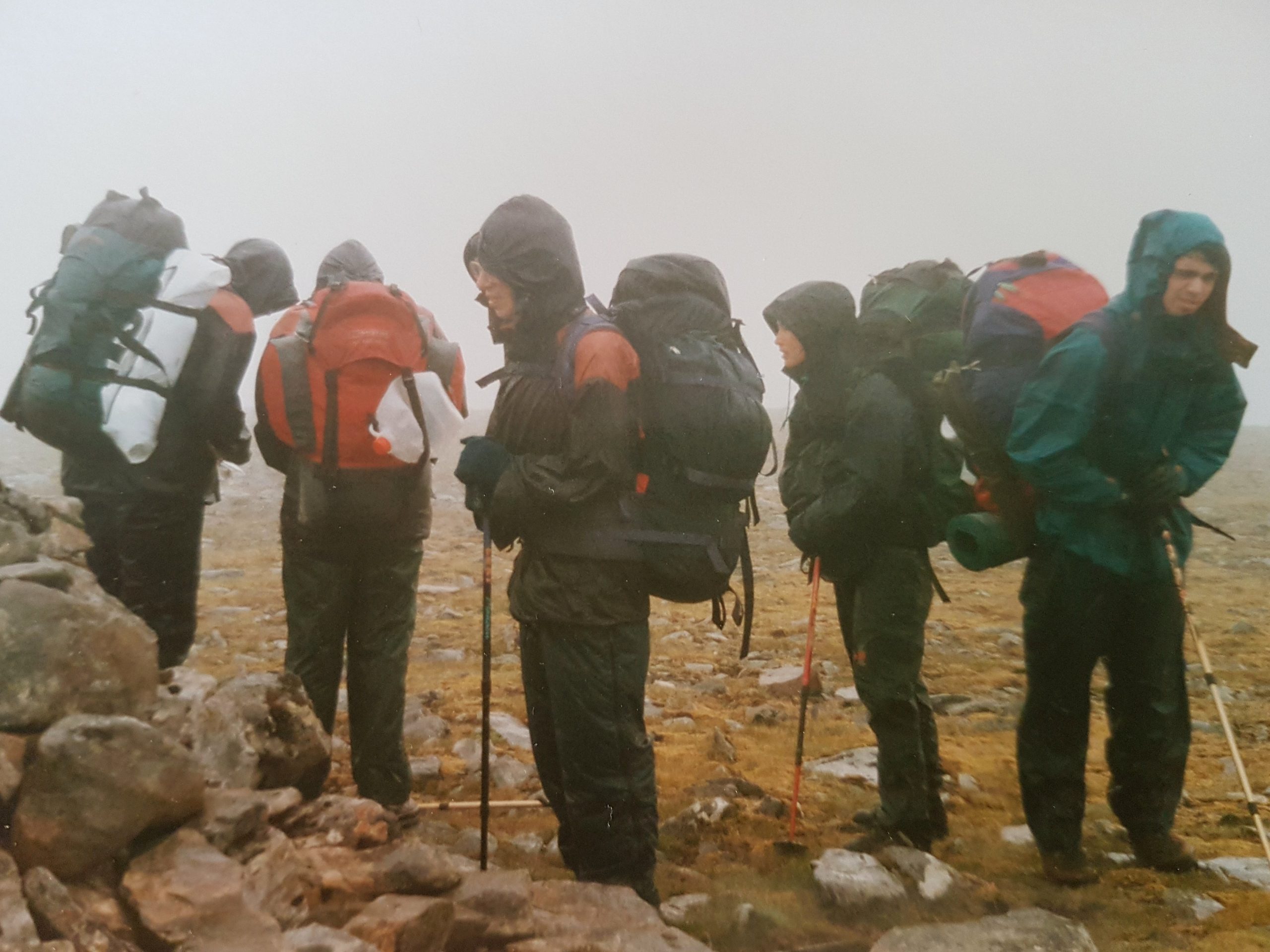Backpacking is an enjoyable way to explore the outdoors and get some exercise. To make the most out of your backpacking trip, it is important to fuel your body with the right nutrition. Protein plays an important role in helping you stay energized and providing your muscles with the building blocks they need for repair and growth.
Protein is made up of essential amino acids, which are the building blocks for muscle mass. Without enough protein in your diet, you may not be able to reach or maintain your desired level of physical fitness or performance. Due to its weight, protein can also be a challenge to carry on a backpacking trip.
How much protein should I eat while backpacking?
The amount of protein you should eat while backpacking depends on your individual needs. The recommended daily allowance (RDA) of protein is 0.8 grams per kilogram (2.2 lbs) of body weight per day, so if you weigh 70 kg (~154 lbs), you would need 56 grams of protein per day.
However, if you are engaging in strenuous exercise such as backpacking, it is recommended that you increase your daily intake to 1.2-2 grams per kilogram (2.2 lbs) of body weight per day depending on your level of activity and fitness goals.
When selecting sources of protein for your backpacking trip, look for high-quality sources that are easy to transport and have a good ratio of macronutrients (carbs, fats and proteins). Good options include nuts and nut butters, jerky, eggs, Greek yogurt, canned tuna or salmon, whey protein powder or bars.
It is also important to stay hydrated while backpacking so make sure to bring plenty of water with you!
Conclusion:
Protein plays an important role in helping you stay energized and providing your muscles with the building blocks they need for repair and growth while on a backpacking trip. The amount of protein needed depends on individual needs but it is generally recommended to consume 1.2 lbs) of body weight per day when engaging in strenuous exercise such as backpacking.
High-quality sources such as nuts and nut butters, jerky, eggs, Greek yogurt or canned tuna are easy to transport and provide a good ratio of macronutrients. It’s also important to stay hydrated by bringing plenty of water!

